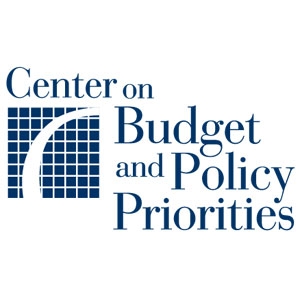Researchers at the Center on Budget and Policy Priorities (CBPP) analyzed the potential impact of closing the Medicaid coverage gap for the 2.2 million uninsured adults living in one of the 12 states that have not adopted Medicaid expansion. Those caught in the coverage gap have incomes that, despite being below the poverty line, are both too low for subsidized coverage in Affordable Care Act (ACA) marketplaces and yet too high to qualify for Medicaid in their state. The authors estimate that in 2019, more than half (around 60 percent) of the adults in the coverage gap were people of color and one third were parents with children at home. Creating a federal fallback to expand Medicaid coverage to those in this gap would improve financial security and the health of adults and children. Given the disproportionate share of people of color in the coverage gap, this represents an opportunity to begin to narrow long-standing racial disparities. #racialequity #health

